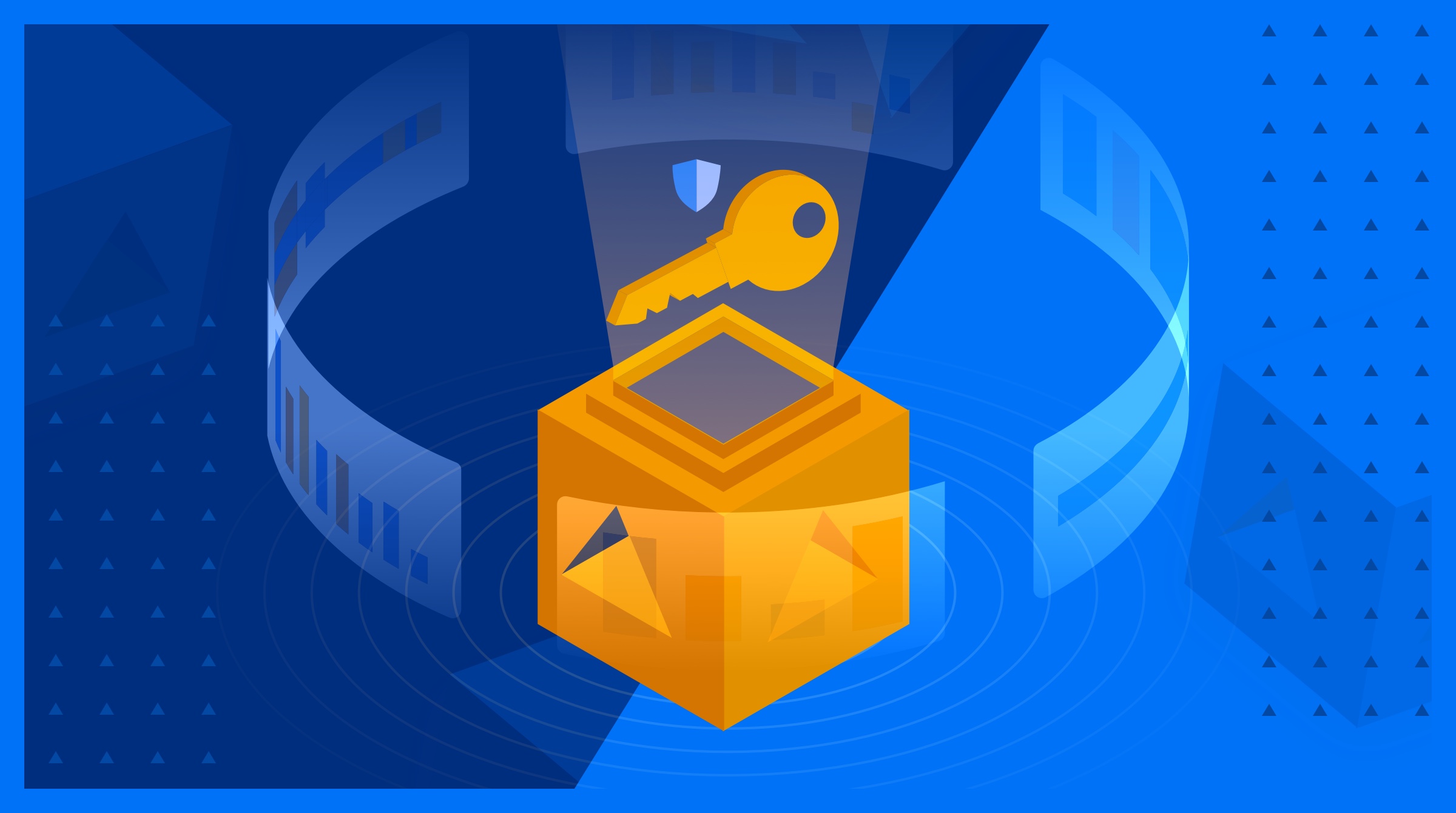As cryptocurrency gains widespread popularity, the threat of cyberattacks on digital assets grows. Protecting crypto investments is paramount, with wallet security being a critical element. This article delves into best practices for safeguarding your assets against potential threats in the ever-evolving digital landscape. Whether you’re investing in Bitcoin, Ethereum, or using a platform like https://immediate-enigma.nl/, the security of your crypto wallet is a top priority.
Understanding the Importance of Crypto Wallet Security
Understanding the importance of wallet security is crucial before delving into best practices for securing your crypto assets. A crypto wallet serves as a digital tool to store, send, and receive cryptocurrencies, acting as the gateway to your blockchain funds. Ensuring its safety is paramount because if malicious actors gain access, they can easily steal your assets. In this article, we’ll explore essential practices for safeguarding your crypto wallet.
Choosing the Right Type of Wallet
Selecting the Safest Wallet Option
Crypto wallets come in various forms, and each has its own security features. Here are the main types of wallets to consider:
- Hardware Wallets: These are physical devices that store your crypto offline, making them highly secure against online threats. Examples include Ledger Nano S and Trezor.
- Software Wallets: These are applications or programs that you install on your computer or smartphone. While convenient, they are more susceptible to malware attacks.
- Paper Wallets: A paper wallet is a physical printout of your public and private keys. They are secure from online hacks but can be easily lost or damaged.
- Online Wallets: Online wallets are convenient but should be used for trading rather than long-term storage due to their higher vulnerability to cyber threats.
The choice of wallet type depends on your specific needs, but for long-term storage, hardware and paper wallets are considered the most secure.
Secure Passwords and Passphrases
Crafting Strong Passwords for Wallet Protection
To bolster wallet security, prioritize robust passwords and passphrases. Craft unique, complex passwords with a mix of upper and lower-case letters, numbers, and special characters. Steer clear of easily guessable details like birthdates or common words. Additionally, using a longer, intricate passphrase provides an extra layer of protection. A strong password or passphrase significantly increases the difficulty for hackers attempting to access your funds.
Enable Two-Factor Authentication (2FA)
Adding an Extra Layer of Protection with 2FA
Two-factor authentication (2FA) is essential for wallet and online platform security. It necessitates a secondary code sent to your mobile device after entering your password, preventing unauthorized access. Enabling 2FA significantly enhances wallet security, even if a hacker obtains your password.
Regularly Update Wallet Software
Keeping Wallet Software Up-to-Date
Wallet providers frequently release software updates that contain security patches and improvements. It’s crucial to keep your wallet software up-to-date to stay protected against new threats and vulnerabilities. Hackers often target outdated software, as they are more likely to have security flaws. Make it a routine to check for updates and install them promptly.
Backup Your Wallet Securely
Safeguarding Your Crypto with Regular Backups
Creating regular backups of your wallet is essential to prevent data loss due to hardware failure or accidental deletion. Store backups in secure offline locations, such as safety deposit boxes or fireproof safes, to safeguard your assets. Be wary of online backup services, as they can pose security risks.
Beware of Phishing Attempts
Recognizing and Avoiding Phishing Scams
Phishing is a common method used by hackers to trick individuals into revealing their sensitive information. Be cautious about unsolicited emails, messages, or websites that request your wallet credentials or personal information. Always double-check the website’s URL before entering any details. Be particularly mindful of emails or messages claiming to be from your wallet provider and verify their authenticity.
Secure Your Private Keys
Guarding Your Private Keys with Utmost Care
Private keys are the most critical component of your wallet, as they grant access to your cryptocurrency holdings. Never share your private keys with anyone, and keep them securely stored offline. Hardware wallets often store private keys in a secure manner, while paper wallets provide a physical copy of your private key. Protecting your private keys is non-negotiable when it comes to wallet security.
Diversify Your Investments
Spreading Your Investments for Added Security
Consider diversifying your investments across multiple wallets. This approach reduces the risk of losing all your assets in case of a security breach. It’s wise to store your holdings in various wallets for added protection. This way, you minimize the impact of potential losses.
Stay Informed and Educated
Continuous Learning and Vigilance
The crypto landscape is ever-evolving, and new threats and scams emerge regularly. To protect your assets effectively, it’s crucial to stay informed and educated about the latest security practices and emerging threats. Follow reputable sources, forums, and crypto news outlets to keep yourself updated.
Conclusion
In conclusion, securing your crypto assets is a responsibility that should not be taken lightly. By implementing these best practices, you can significantly reduce the risk of your crypto wallet being compromised. Remember that security is an ongoing process, and vigilance is key to safeguarding your investments. Whether you’re using Crypto Loophole or any other platform, the safety of your digital assets should always be a top priority.
